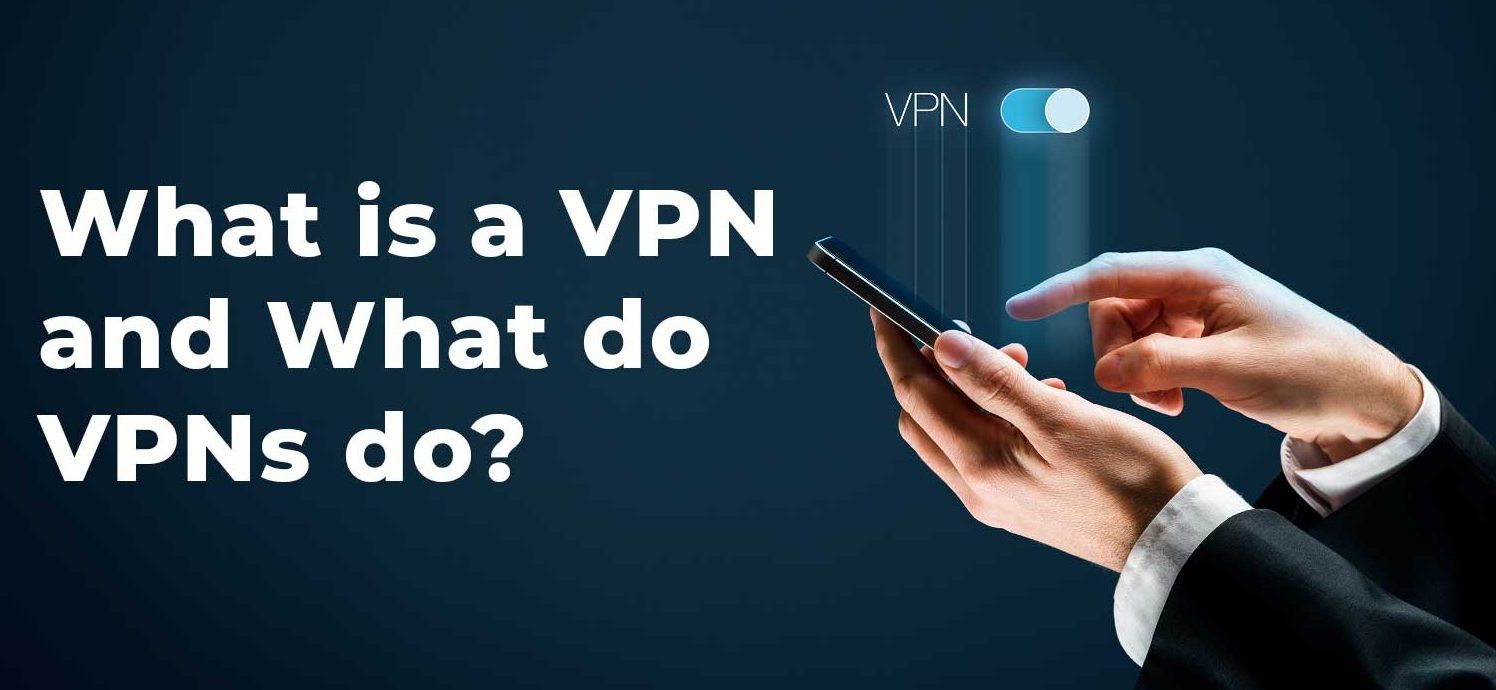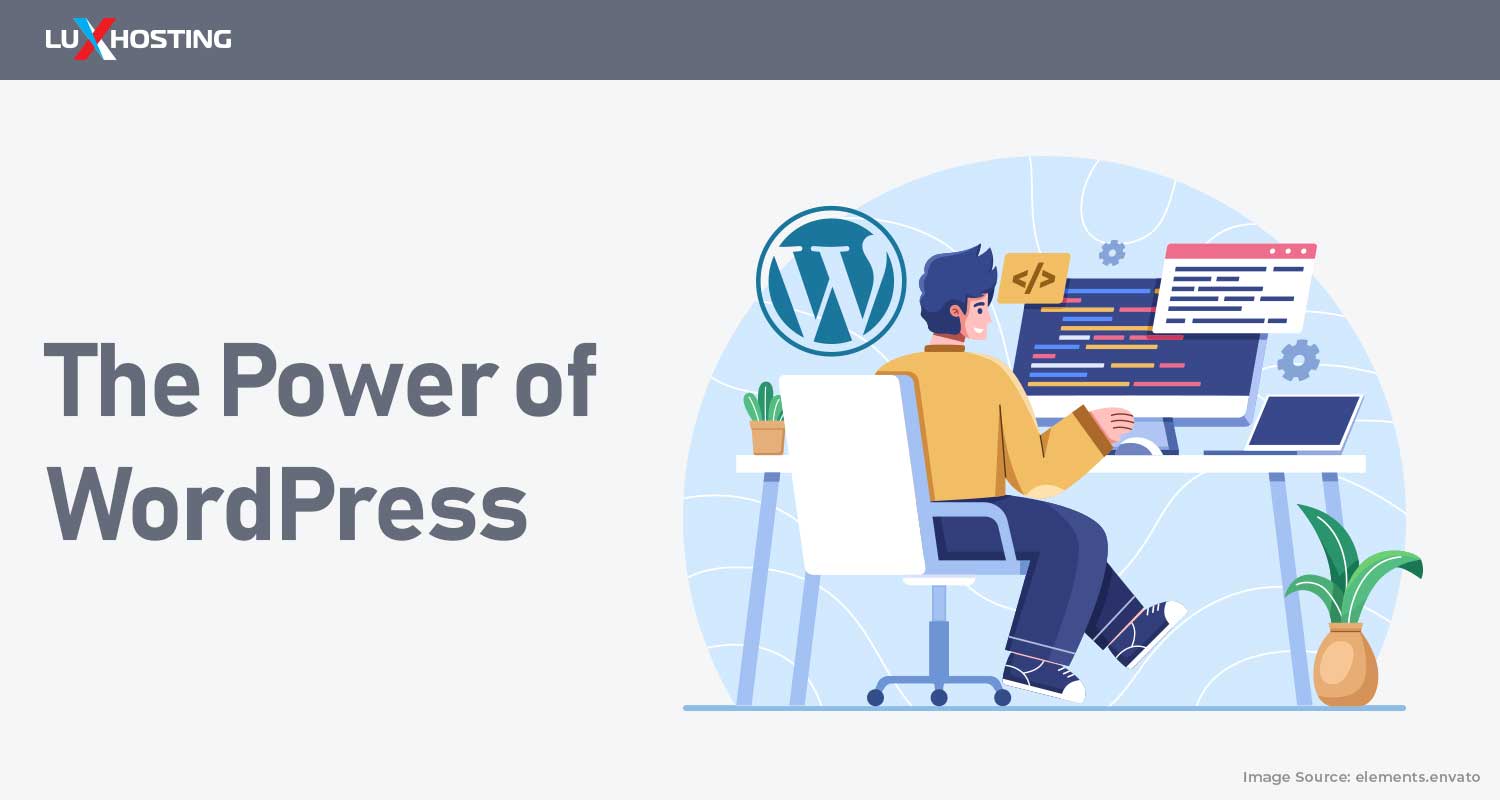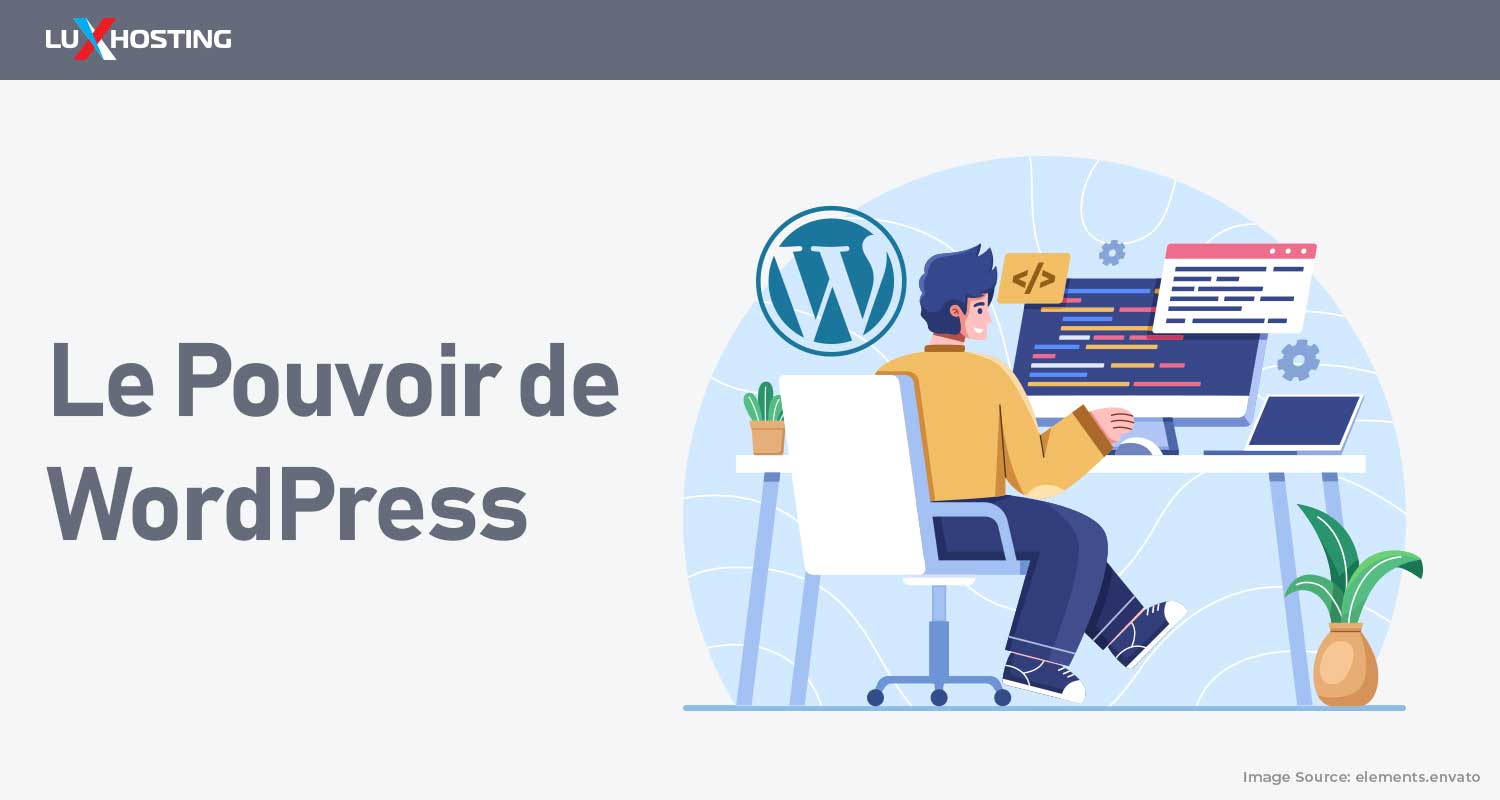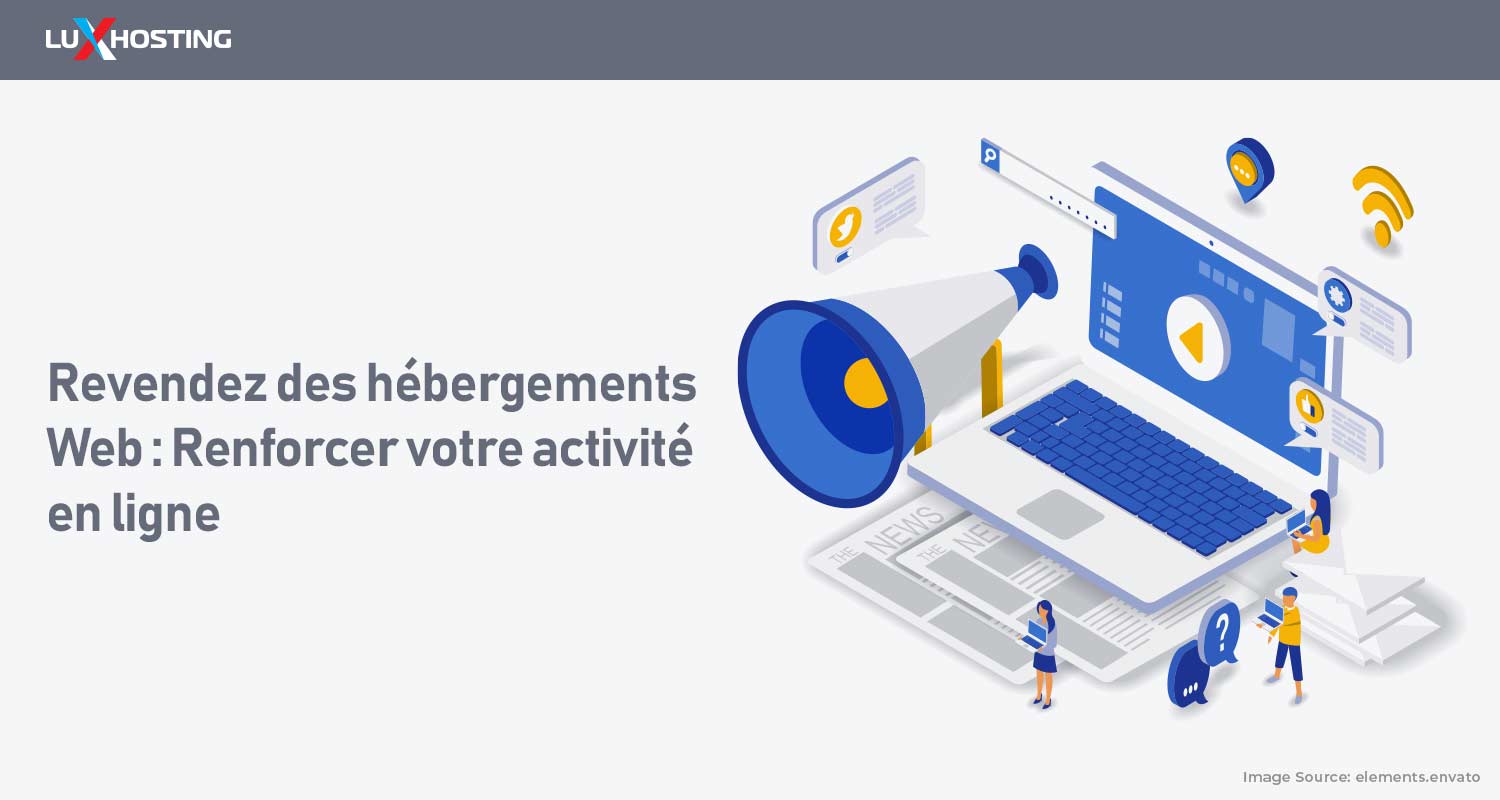Have you ever tried to access geolocation-locked content on the internet? Or have you tried accessing your Netflix account in another country only to find that your favorite shows aren’t listed? Perhaps you have and you’ve heard the best solution to bypass this pesky hurdle is to get a VPN. But what exactly is a VPN and how does it work? If you’ve wondered about the answer to this question then you’ve come to the right place. We’re going to breakdown the ins and outs of VPNs in this blog article. Let’s get started.
The VPN meaning you should remember
In it’s simplest of terms, VPN means virtual private network. This means a VPN will cloak your IP address and give you a new one through the virtual private network. It is a vehicle through which you use your PC, laptop, or mobile device safely on the internet without having your location and activities logged.
Encrypt any network with a VPN
Thanks to the encryption on the network, data and information exchanged over a VPN remain private. It's an excellent tool to evade snooping eyes like cybercriminals. What’s more, is you remain completely anonymous online.
VPN services are commonly used by torrent users, to help cloak them while accessing paid content like movie and music downloads. Other users use VPNs to access geo-locked content on streaming services like Netflix. VPNs have become more popular over the years for that very same reason—allowing users to access content outside of their country, keep them anonymous and safe while using the internet.
Additionally, VPNs allow users to unlock websites that are banned by schools, content that is NSFW (not suitable for work) in offices, and most notably unblocking content and apps in countries like China where services like Whatsapp isn’t allowed.
VPNs offer optimal privacy
If you are looking for optimal privacy while using the internet then using a VPN is right for you. A virtual private network or VPN allows internet traffic to flow through the secure virtual private network connection. This prevents data interception by hackers or trackers. The end result? VPNs safe cloak to browse the web with almost 100% privacy.
Surf undetected from hackers
One thing to note about using a VPN is that if your device was compromised by malware then using a VPN won’t cloak you from being spied on. VPNs are only as secure as the weakest link in the entire chain. Scan your system from malware and clean it before using a VPN. Also, ensure you use an antivirus software that's up-to-date.
Privacy is one of the major concerns when it comes to the internet and technology. By employing a VPN, you can, theoretically, prevent your ISP (internet service provider), government and cybercriminals from seeing your history of internet activity.
Browse remotely from any location
People also use VPN technology to geo-spoof and change their location online as we mentioned earlier. This spoofing of location results in users being able to customize their location settings, enabling them to access online services abroad that would otherwise not be available to them in their current location.
As aforementioned, this is especially useful for accessing streaming content on online services like Netflix, Hulu or Disney plus to watch TV programs, music or to find online products that are usually available in a specific country, due to licensing and copyright.
VPNs Translates to Freedom Online with Privacy
Not only does having a VPN spell privacy online but it can also be used as a mechanism of protection from hackers and cybercriminals online. For example, if you’re using the internet in public as a café or library with a public internet hotspot there is a chance that someone can try to hack into your device; leading to the loss of precious data like passwords and bank information. With a VPN your connection will be encrypted and more secure allowing you to use the internet without worrying about a potential breach of security.
Work from home without worry
VPN technology is emerging as a popular option and force in the world of eCommerce. For example, when you’re travelling on business trips, it is normal to connect your devices to third-party wireless networks. With a VPN, you can access public intranet connections without worrying about hackers and cyber criminals. You can also safely share sensitive data and information without worrying about it getting in the wrong hands. It offers protection on both private and public wireless connections.
_All VPN services p_rovide access streaming geo-locked content and an encrypted path online.
Additionally, a VPN can stop your internet connection from monitoring or tracking by your internet service provider (ISP). In fact, your streaming speeds can triple by using a VPN to bypass ISP throttling. Another note on security a VPN can protect you from phishing scams online, and give an overall layer of security. It is a must-have tool which permits an unrestricted and secure browsing experience every time. We cannot stress enough the added security layer a VPN can provide to your internet use as a whole.
What to takeaway
A great VPN can travel with you to countries where there are heavy restrictions on on the internet. VPNs help to divert your current IP address in that country to somewhere else allowing you to access restricted content. So, whether you’re travelling for business or pleasure, a VPN will give you the flexibility and freedom online. This way you can access any website securely without leaving any digital footprints.



